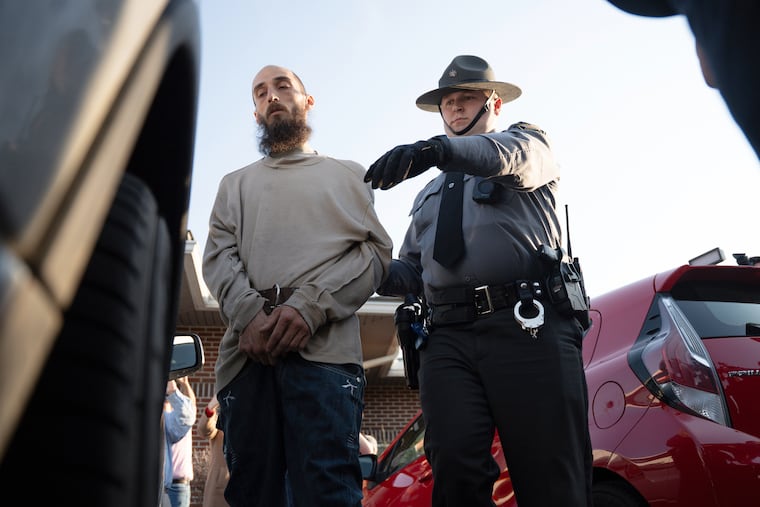US expands public benefits limitations for undocumented immigrants.

United States officials have announced a significant expansion of restrictions on undocumented immigrants’ access to healthcare and social welfare programs, a move framed as part of a broader immigration enforcement strategy by the current administration. This policy adjustment, which falls under a reinterpretation of the 1996 Personal Responsibility and Work Opportunity Reconciliation Act (PRWORA), will impact the benefits available to undocumented individuals, with 13 new programs now off-limits.
The announcement was made by the Department of Health and Human Services (HHS), which indicated that the updated interpretation aligns with the administration’s commitment to safeguarding federal resources for citizens. Key programs affected include Head Start, an essential pre-school educational initiative aimed at low-income children, alongside various initiatives addressing mental health, family planning, and substance abuse issues.
HHS Secretary Robert F. Kennedy Jr. emphasized that this measure serves to protect hard-working Americans’ tax dollars, claiming that past policies incentivized illegal immigration and diverted resources away from those legally residing in the United States. “Today’s decision restores integrity to federal social programs and enforces the rule of law,” he stated.
While these changes are framed as protective measures, numerous critics express concern that such restrictions may further marginalize an already vulnerable population. Undocumented immigrants often possess limited financial and social resources, and the loss of access to critical health and educational services could exacerbate public health issues in the country.
The origins of the PRWORA law underscore the complexities surrounding immigration policy. Initially passed under President Bill Clinton, the law barred undocumented individuals and those on temporary visas from accessing substantial federal benefits, a policy that has seen various interpretations over the years. The current change brings the number of restricted programs to a total of 44, following earlier alterations in 1998 that had narrowed the scope of benefits in unexpected ways.
As the administration prepares to implement this new policy, which will be open to public comment for 30 days before becoming official, it has ignited a heated debate about the balance between national integrity and humanitarian obligations. Advocates for immigrants argue that the measures may contradict basic human rights and exacerbate social inequalities.
The ongoing discussions surrounding immigration reflect a broader challenge that the United States faces in reconciling its values with its policies. As the landscape evolves, affected communities will continue to seek fair and compassionate treatment from local and federal authorities.
For more updates on this issue, follow the ongoing developments in the realm of immigration and public policy.
#PoliticsNews #HealthNews






